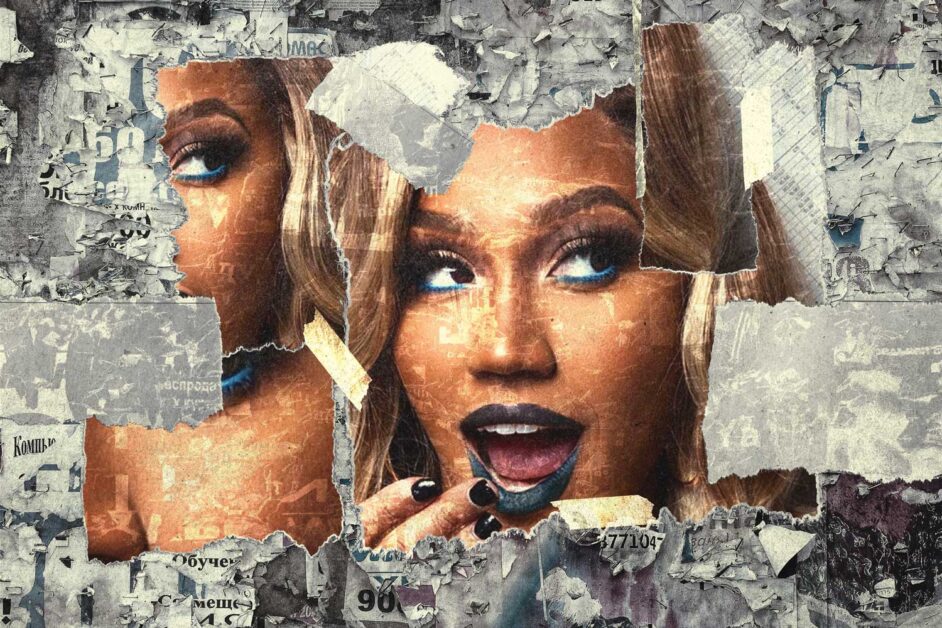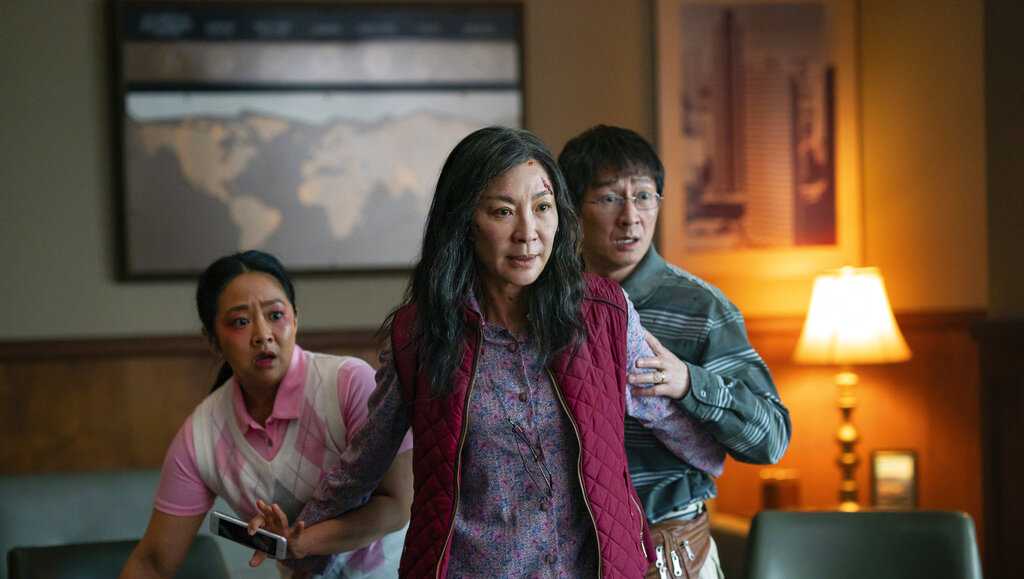India uses emergency powers to take down BBC documentary • The Register
Written by on January 24, 2023
India’s Ministry of Information and Broadcasting appears to have filed takedown requests to prevent access to a BBC documentary series titled India: The Modi Question that investigates prime minister Narendra Modi’s policies and actions toward India’s Muslim minority.
Modi represents the Bharatiya Janata Party, which has links to organizations that espouse a Hindu nationalist philosophy. Modi has made the city of Varanasi – one of the most important Hindu pilgrimage sites – his power base. The documentary considers Modi’s time as chief minister of Gujarat, which in 2002 experienced sectarian riots that left over 1,000 dead – most of them Muslim – after a fire on a train killed over 50 Hindus.
Modi has long denied any complicity in the riots, and investigations have found no evidence indicating culpability.
The BBC revisiting the incident has stirred considerable ill will in India, with government officials accusing the broadcaster of bias and neo-colonialism.
And that’s without the documentary even having been shown in India.
The film has, however, made it onto the internet.
India’s Ministry of Information and Broadcasting declared that an emergency, using two laws.
One is the IT Rules of 2021 which at Section 16 allow for content to be blocked in emergencies. The other is Section 69A of the Information Technology Act of 2000 that allows India’s government to block content “in the interest of sovereignty and integrity of India.”
Just how a documentary threatens sovereignty is not explained in the takedown order [PDF] the Ministry sent to Twitter.
The order lists many tweets and The Register has read some. They refer to the documentary and link to a YouTube URL that has been taken down.
India continues to experience political and sectarian violence and revisiting the Gujarat riot has the potential to spark new incidents. So perhaps the use of emergency powers to issue such a takedown order is designed to reduce the chance of violence.
But the government has not explained why the documentary represents an emergency, leaving it open to criticism it has engineered a crisis – a free speech emergency. Modi’s regime also has form using the excuse of preventing violence to switch off mobile networks – as happened during mass protests by farmers who opposed New Delhi’s policies.
It’s therefore far from clear whether this documentary represents a real emergency, a political emergency, or has caused a free speech emergency.
India’s Internet Freedom Foundation has called for the reasons for the emergency request to be explained.
In any event, Rule 16(3) requires the Authorised Officer to place the ban request before a Review Committee, to decide whether to continue to ban.
We call upon the Authorised Officer to comply with this condition, and for the Review Committee to make its findings public. 7/
— Internet Freedom Foundation (IFF) (@internetfreedom) January 21, 2023
The incident will likely fester for some time. While the video appears to have disappeared from YouTube, many tweets still mention it and use language critical of Modi.
India and Twitter have a history of conflict over takedown requests. Past fights, however, took place before Elon Musk slashed Twitter’s staff, including those dedicated to interfacing with governments over matters like content takedowns. Regulators in other nations have expressed concern that Twitter may, as a result, be less responsive.
Indian law requires social media platforms to make an individual accountable for swift response to complaints and takedown requests. If the avian network can’t respond to this emergency – real or imagined – India’s anger could mean the micro-blogging service is itself the subject of bans. ®
watch avatar the way of water full movie
watch avatar the way of water full movie
watch avatar the way of water full movie





